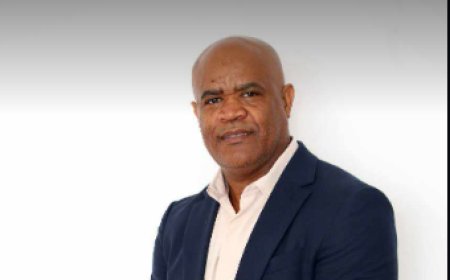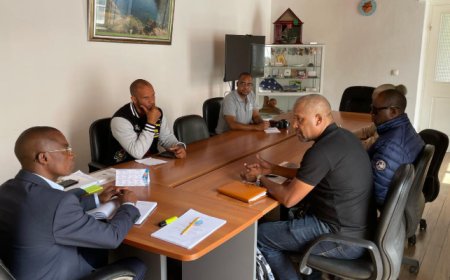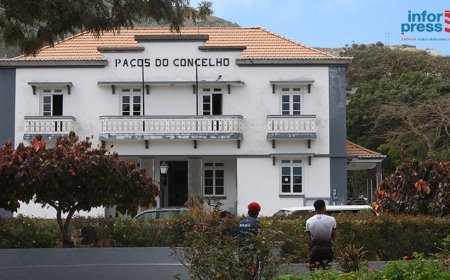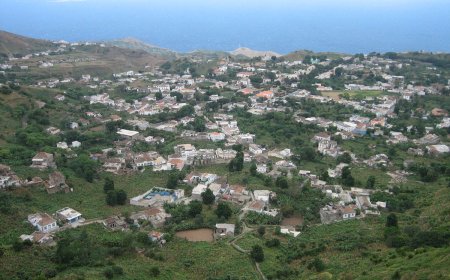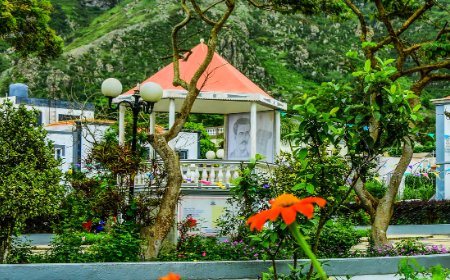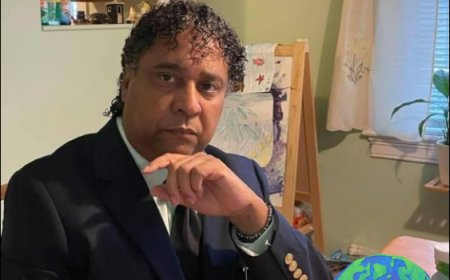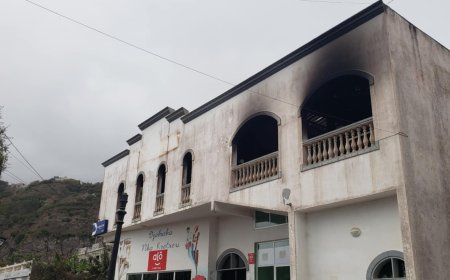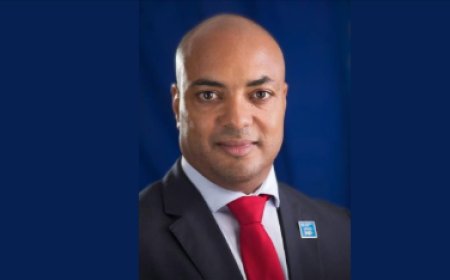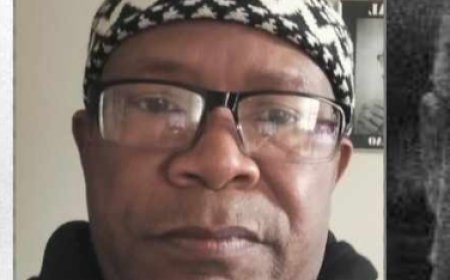UCS under pressure and under fire, the dilemma of government remodeling in Cape Verde (text prepared based on an analysis by Cecilio Cabral)
Ulisses Correia e Silva and the MpD System: The game of political forces and tensions that can redefine the country's future

“Politics is the art of keeping people from caring about what really matters.” – Henry Adams
Cape Verde is currently experiencing a political scenario full of tensions, challenges and questions about the management of the government led by Ulisses Correia e Silva. The country's current Prime Minister, leading an administration supported by the Movement for Democracy (MpD), is facing not only the country's structural and socioeconomic difficulties, but also a climate of political instability that places his government under constant pressure.
The MpD System, the party that supports the government of Ulisses Correia e Silva, currently has 38 deputies in Parliament, which gives it an absolute majority, but at the same time, a fragile and unstable one. What this means in practice is that, to approve any project or governance measure that requires a simple majority, such as the State Budget, Motions of Confidence or Motions of Censure, the government may need only 37 votes. However, a difference of just one vote becomes a considerable risk.
This political vulnerability is heightened by the possibility of "political revenge", in which even the absence of two deputies can put the government in check. In the current context, any thoughtless move or mistaken decision, such as a government reshuffle, could mean an even deeper rupture and the fall of the government.
Given the above scenario, Ulisses Correia e Silva’s fear of making significant moves within his administration is understandable. Governmental restructuring – something that is becoming increasingly necessary as pressure on the government increases – requires extraordinary political skill. And this skill, according to analysts, must be exercised carefully so as not to destabilize the government’s relationship with Parliament and, consequently, with the population.
Ulisses Correia e Silva’s greatest challenge lies in the fact that most members of the government are also national deputies. This means that, if he decides to carry out significant reforms, many of his ministers could be removed from their posts and returned to Parliament, weakening the government’s already fragile majority. This political chess game, where every move can be decisive, is what makes Ulisses Correia e Silva’s situation even more delicate.
The "fear" of a reshuffle is not just an internal issue for the government, but a matter of political survival. Ulisses cannot risk losing parliamentary support, which could ultimately result in the loss of his position and the possibility of new elections. This fear is what leads many behind the scenes to speculate about the psychological impact of this situation on the prime minister. Will he be able to sleep at night? Will the tension be unbearable given the responsibility of governing in such a volatile scenario?
While the country awaits with expectation and some anxiety for a possible government reshuffle, the population finds itself in a kind of political limbo. On the one hand, many citizens and political analysts argue that a change in the government composition would be necessary to breathe new life into the administration, especially given the challenges faced in areas such as the economy, health and education.
On the other hand, the politics of alliances and the risks of instability make the decision extremely difficult. The reshuffle, which in other contexts could be seen as a strategy to give the government a new direction, now seems to be a minefield, where every false step could have disastrous consequences.
The figure of Ulisses Correia e Silva, in this scenario, is central to understanding the current political crisis. Despite being widely recognized for his skill in diplomatic and governmental maneuvers, he now finds himself under pressure from internal and external forces that demand more than words and promises. He is the man who, at this moment, must respond to urgent questions of political management, without sacrificing the stability that still remains.
The truth is that the government of Ulisses Correia e Silva cannot continue to ignore external pressures. The government reshuffle, which can be seen as a response to internal and external criticism, must be carried out with the utmost caution. Firm and strategic leadership is needed more than ever to prevent the punishment of the "good guys who don't do politics" from becoming a reality in Cape Verde: the idea of being governed by the "bad guys."
As the days pass and the pressure continues to mount, many are wondering what the immediate future holds for Ulisses Correia e Silva’s government. The answer, for now, remains uncertain. The reshuffle that is needed will not be just a ministerial adjustment, but a true test of political resilience.
The country awaits with serenity, but also with a dose of impatience, the decisions that are to come. Will the government be able to survive the political storm that is approaching, or will instability be the final breaking point?
The coming months will be crucial for Cape Verde’s political future. Ulisses Correia e Silva is currently under fire, with each decision being carefully weighed, as the weight of each move could be the difference between maintaining power or seeing the government fall.
















